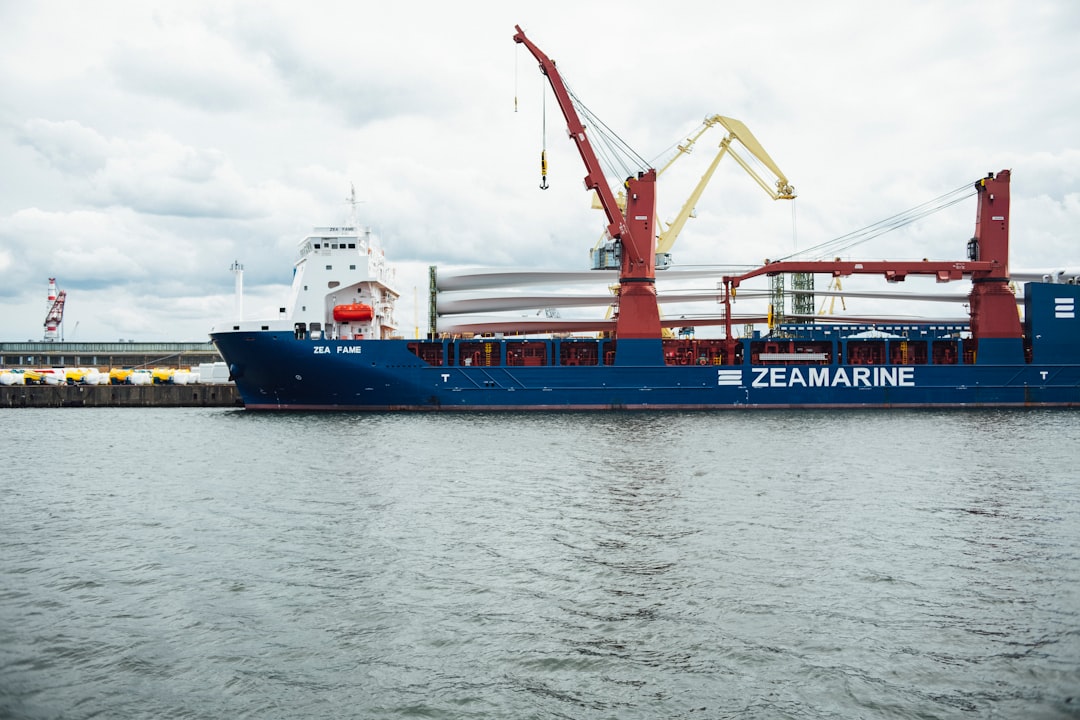Export tariffs are taxes imposed on goods that are exported from one country to another. These tariffs are typically levied by the government of the exporting country in order to protect domestic industries, raise revenue, or influence trade between countries. While export tariffs can have a variety of effects on global trade, understanding their impact is crucial for businesses and governments alike.
One of the key impacts of export tariffs on global trade is their role in influencing the competitiveness of products in international markets. By imposing tariffs on exports, a country can make its products more expensive for foreign buyers, thus reducing demand for them. This can have a significant impact on the ability of businesses to compete globally, particularly in industries where profit margins are already slim.
In addition, export tariffs can also lead to retaliation from other countries. If one country imposes tariffs on exports from another country, the affected country may retaliate by imposing its own tariffs on imports from the first country. This can lead to a cycle of escalating tariffs, known as a trade war, which can have a negative impact on global trade and economic growth.
Furthermore, export tariffs can also have a significant impact on the economies of both the exporting and importing countries. In the exporting country, tariffs can lead to a decrease in exports, which can in turn lead to job losses and a decline in economic growth. In the importing country, tariffs can lead to an increase in the cost of imported goods, which can lead to higher prices for consumers and a decrease in purchasing power.
Overall, the impact of export tariffs on global trade is complex and multifaceted. While tariffs can be used as a tool to protect domestic industries and influence trade between countries, they can also have unintended consequences that can harm businesses and economies. It is important for businesses and governments to carefully consider the potential impact of export tariffs before implementing them, and to work together to find solutions that promote fair and free trade for all parties involved.
In conclusion, understanding the impact of export tariffs on global trade is essential for businesses and governments that are involved in international trade. By carefully considering the potential effects of tariffs and working to mitigate their negative impacts, countries can promote economic growth and prosperity for all parties involved. Import export course Mumbai can be helpful in learning more about the complexities of global trade and how to navigate them successfully.
For more information visit:
Global Solutions
https://www.globalsolutionhouse.com/
Delhi, India
Are you ready to take your business to the next level? Look no further than Global Solution House! Our innovative solutions and expert team will provide the tools and support you need to succeed in today’s competitive market. Stay tuned for a game-changing experience at globalsolutionhouse.com!

